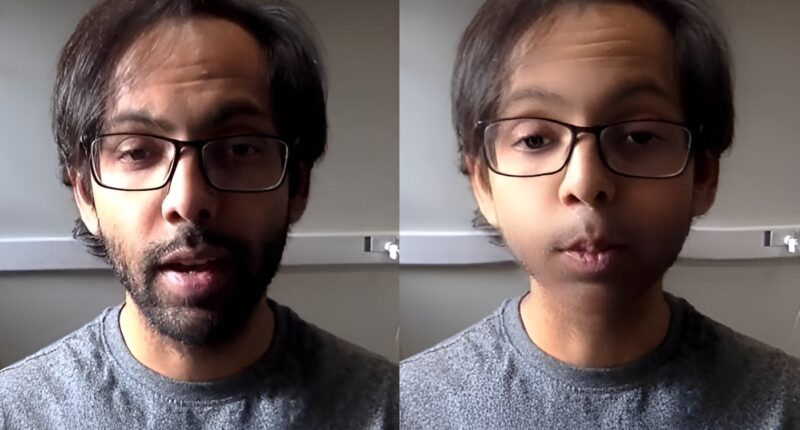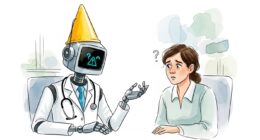Anglia Ruskin University researchers have found that adults can better access early childhood memories after briefly embodying a childlike version of their own face through a body illusion technique.
The study of 50 adult participants involved an “enfacement illusion” where people viewed a live video of their own face digitally altered to resemble how they might have looked as children. As participants moved their heads, the face on screen mirrored their movements, creating a sense that the childlike face was their own.
Participants who viewed the childlike version of their face recalled significantly more episodic childhood memories than those who saw their adult face, according to the research published in Nature journal Scientific Reports.
Lead author Dr Utkarsh Gupta, who conducted the study as part of his PhD at Anglia Ruskin University and is now a Cognitive Neuroscience Research Fellow at the University of North Dakota, said the brain encodes bodily information as part of event details.
“We discovered that temporary changes to the bodily self, specifically, embodying a childlike version of one’s own face, can significantly enhance access to childhood memories,” Gupta said. “This might be because the brain encodes bodily information as part of the details of an event. Reintroducing similar bodily cues may help us retrieve those memories, even decades later.”
The researchers believe the findings could pave the way for new techniques to access previously inaccessible memories, including possibly those from the “childhood amnesia” phase, typically before the age of three.
Professor Jane Aspell, who leads the Self & Body Lab at Anglia Ruskin University, said the findings suggest bodily self and autobiographical memory are linked.
“These results are really exciting and suggest that further, more sophisticated body illusions could be used to unlock memories from different stages of our lives – perhaps even from early infancy,” Aspell said. “In the future it may even be possible to adapt the illusion to create interventions that might aid memory recall in people with memory impairments.”











